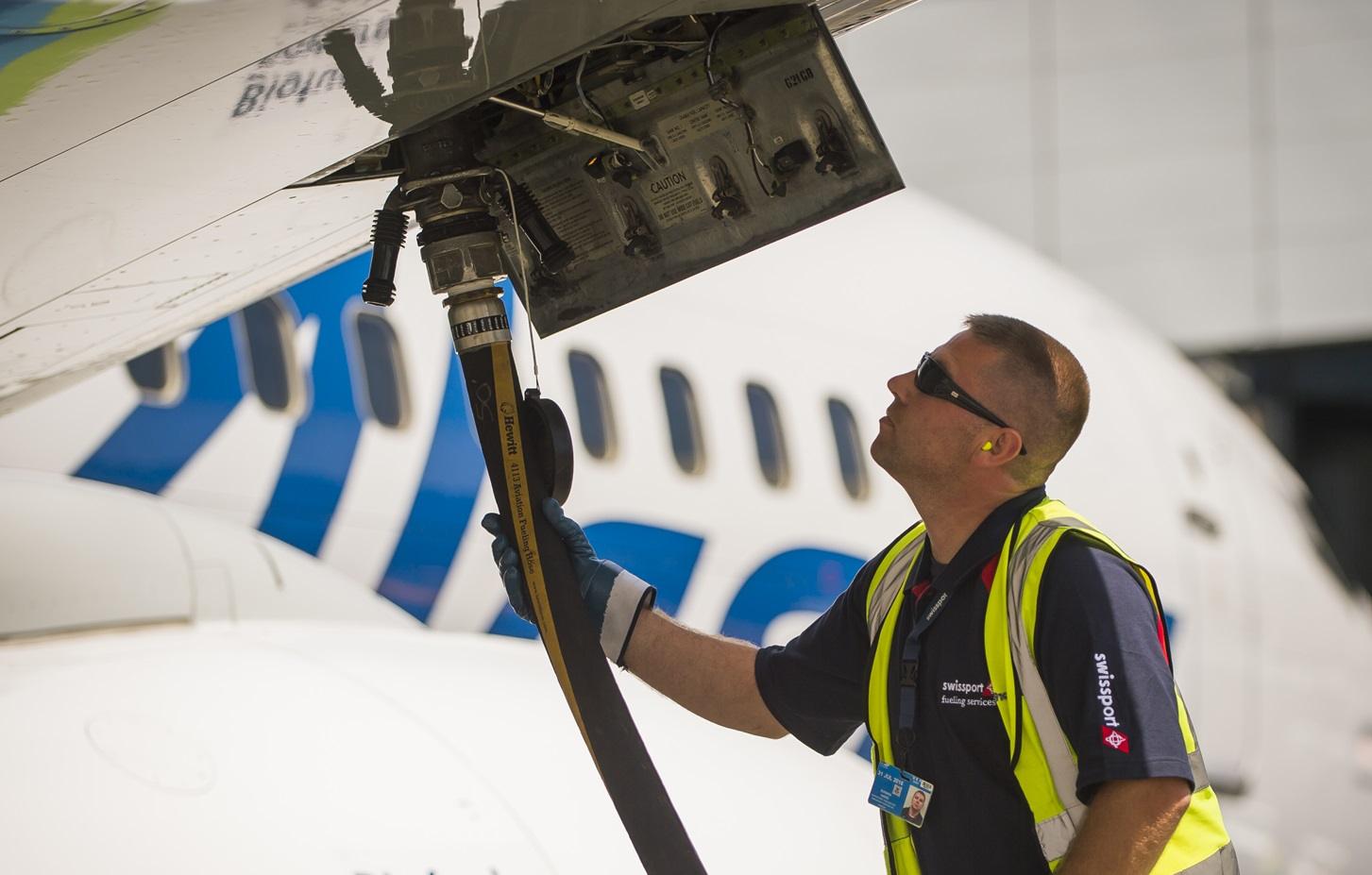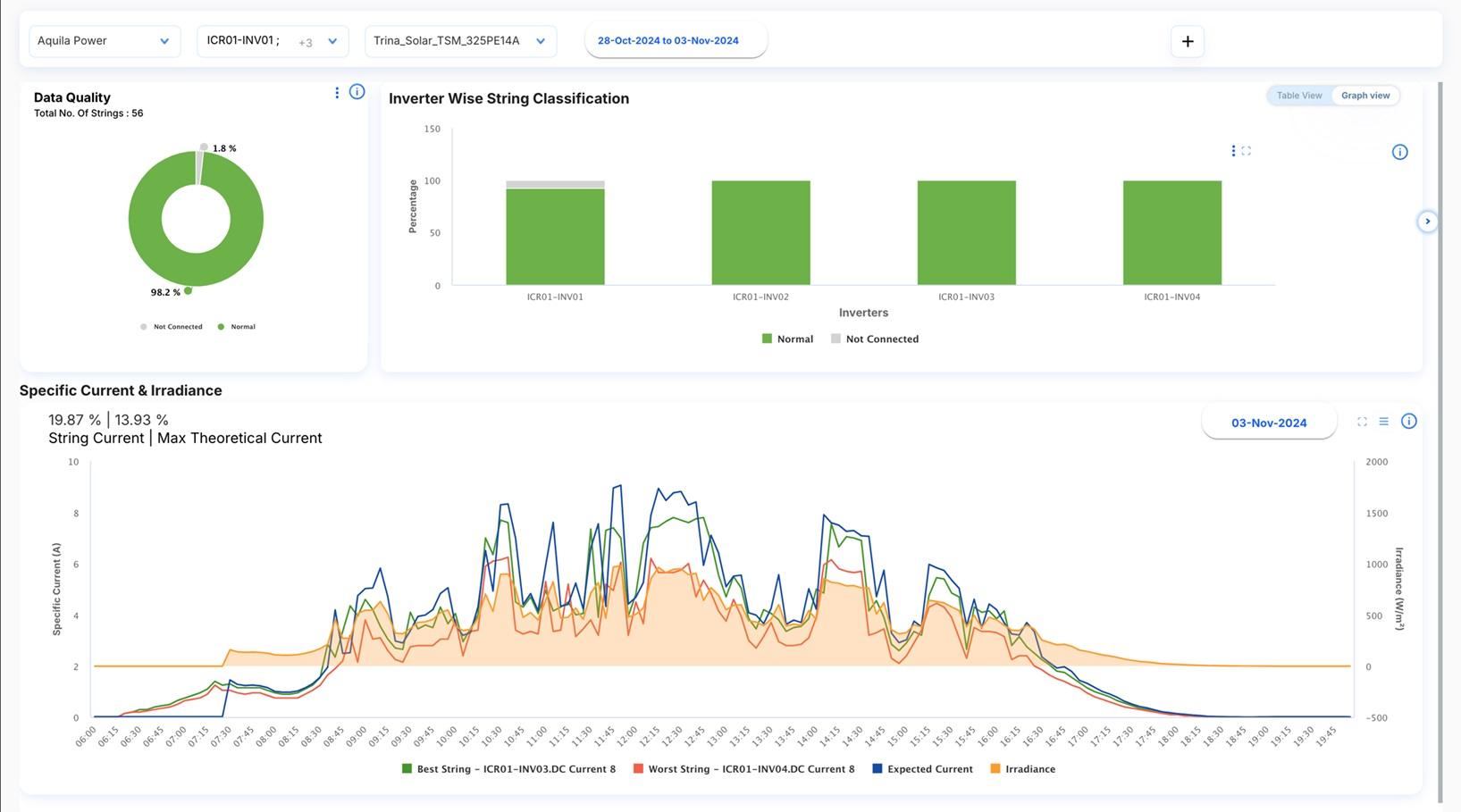GSK to Invest £50 Million in Renewable Energy for UK and US Manufacturing, Redesign High GHG-Emitting Product
Global healthcare company GSK announced today a series of climate-focused initiatives, including significant investments in renewable energy and carbon reduction at its US and UK manufacturing sites. The company also aims to reduce greenhouse gas (GHG) emissions from its rescue metered dose asthma inhalers which account for almost half of the company’s carbon emissions.
The new initiatives will support the company’s efforts to achieve its recently announced sustainability goals. In November 2020, GSK announced a series of environmental sustainability targets ,including commitments to achieve net zero climate impact and net positive impact on nature by 2030. The company’s targets include reaching 100% global electricity usage from renewables by 2025.
GSK Chief Executive Officer, Emma Walmsley, said:
“The science is clear that nature loss and climate change are already harming human health, so we must act now to protect and restore the planet’s health if we are to protect and improve people’s health. At New York Climate Week and COP26 later this year, we must redouble our collective efforts to address climate change and nature loss, and that’s why I’m delighted with the new steps we are announcing today, which are a major part of delivering GSK’s commitment to have a net zero impact on climate and net positive impact on nature by 2030.”
GSK will invest £50m in UK and US manufacturing sites. Investments will include a long term project for 2 new wind turbines (8 MW) and a 56 acre, 20 MW solar farm through a new 20 year Power Purchase Agreement (PPA) with partner, The Farm Energy Company for GSK’s Irvine manufacturing facility in Scotland. In its Oak Hill, New York manufacturing facility, new investments in solar energy will enable the company to source 70% of power consumption from solar by the end of this year.
For its metered dose inhalers, GSK has initiated an R&D programme, which includes the assessment of anew lower greenhouse gas propellant, with the potential to reduce greenhouse gas emissions from its inhalers by 90%. GSK stated that 45% of the company’s carbon emissions come from asthma patients using metered dose inhalers for rescue medication.
Walmsley added:
“For GSK, our sustainability commitments are an integral part of our strategy, making our business more resilient, protecting our operations and ultimately helping us to achieve health impact on a global scale while delivering returns for our shareholders.”





